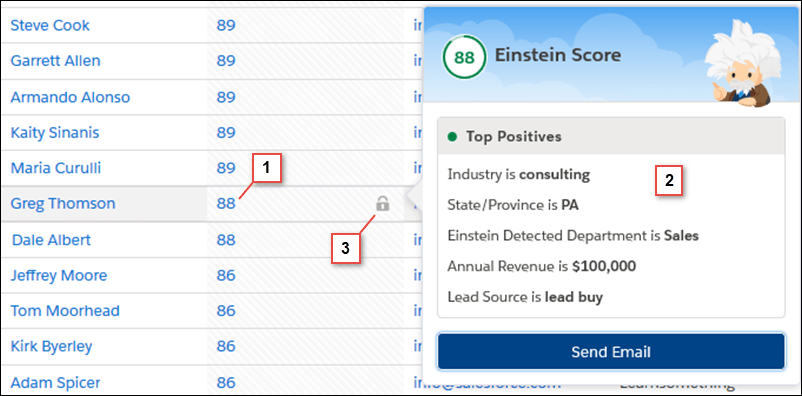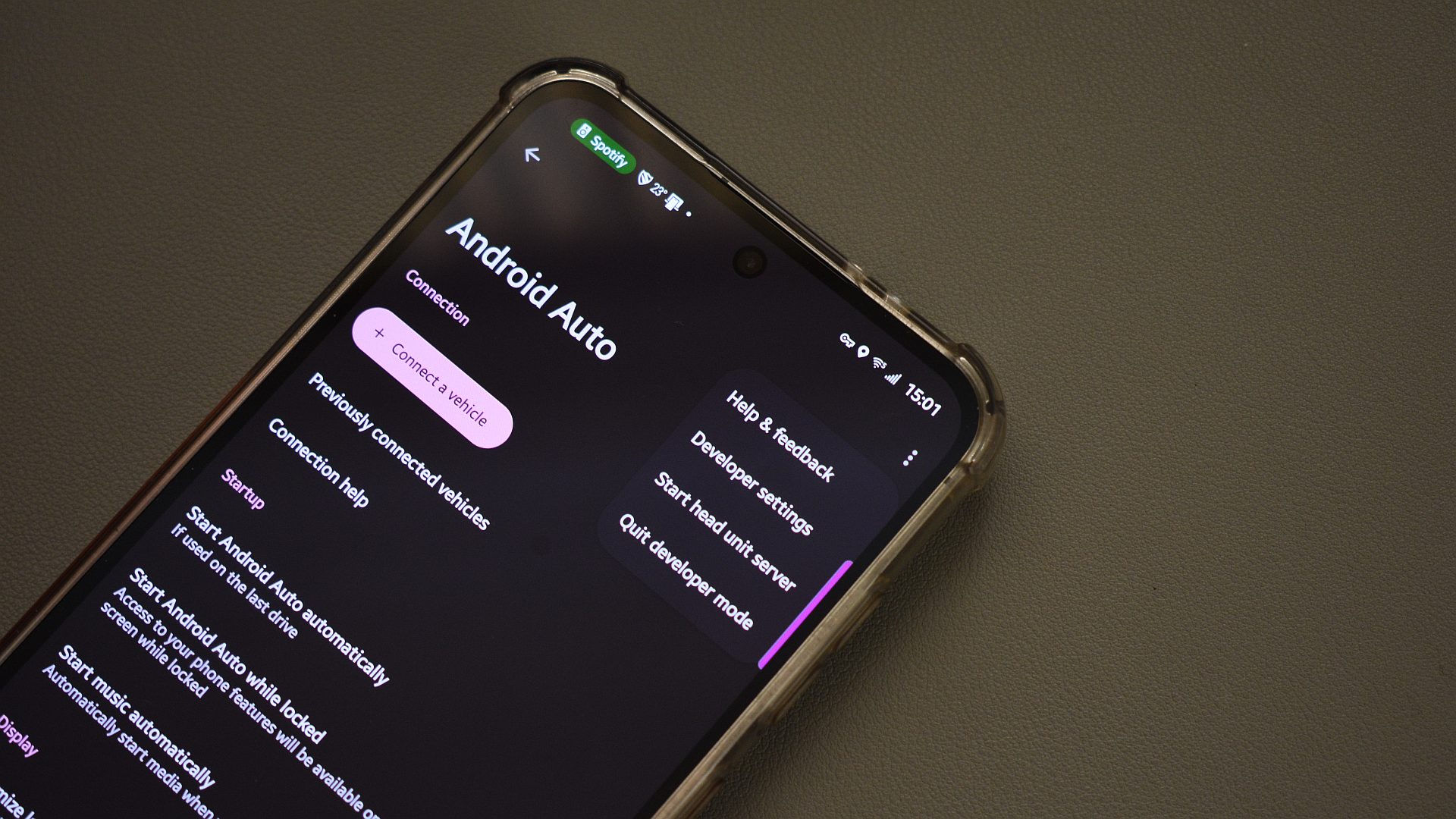ChatGPT is ‘coming out of its box’, and some think all we do online could be filtered through it one day.
You can now interact with other apps like Spotify, Booking.com and Expedia without having to leave the chatbot, OpenAI announced on Monday.
Reaction immediately turned to how it could one day act like a browser or operating system, where instead of visiting websites and filling in forms ourselves, we just tell it what we want instead.
Jonathan Aitken, an expert in AI and robotics at Sheffield University, thinks this is a long way off, but not impossible.
‘There’s kind of the black hat case, which is it becomes this all seeing, central thing that does everything,’ he told Metro.
He doesn’t see this as imminent, or even likely, because there would be so much resistance from people who don’t want to filter their lives through AI.
But an ‘everything’ app isn’t so outlandish: Elon Musk has already discussed his ambitions to make X the go to for payments, messaging and commerce, along the lines of Chinese super-app WeChat.
For now, you’ll just be able to interact with apps and websites in a different way. For example, to book a holiday you can tell AI what you want within its ecosystem, rather than visiting standalone travel sites.
‘It’s an interesting change because it’s as if there’s now an action that’s part of what ChatGPT is giving you,’ Dr Aitken said. ‘It isn’t just giving you some text.’
I asked the chatbot itself what it made of the changes, and it said: ‘Welcome to the era of talking to your apps, not tapping them’, and ‘Why open five apps when you can just ask ChatGPT?’
Last week, OpenAI revealed they would also offer an ‘instant check-out’ button for shopping within the app, another step towards it becoming a one-stop shop.
Dr Aitken said that within his university, he had already seen ChatGPT become a ‘go to’ for students, but peers are often more sceptical: ‘I still know a lot of people who say, “actually, you know what? I don’t use it”.’
This could be because of concerns over energy usage, or the models that are used, but the upshot is that he doubts ‘we’ll just all use ChatGPT and that will be it, the web will disappear’.

But if in future the app did start to act like an ‘operating system’ where you talk to it instead of clicking your own computer buttons, it wouldn’t necessarily be good.
‘From a systems analysis perspective, a single central point of failure is a really bad thing,’ Dr Aitken said.
What’s really going to happen then?
OpenAI also announced tools for developers to more easily make their services compatible.
Depending on how much demand there is, companies might start to focus on their AI offerings more than sites people visit themselves, though Dr Aitken cautioned people would be ‘frustrated’ if they couldn’t get that granular control by visiting e.g. Booking.com themselves.
He added that if you let an AI filter the results you get for a playlist, a holiday, or shopping list, you could be getting biased results and might not even realise, especially a concern when money is on the line.
‘It isn’t about what it presents to you that’s the issue, it’s what it doesn’t present to you,’ he said.
Describing the app as a ‘black box that chucks out answers’, he said even developers don’t really understand how answers are returned, because they rely on so many billions of parameters that the decision making can’t be traced.

Giving the example of searching for a holiday, he said that ten travel firms might be using ChatGPT as a platform, so ‘which is it preferentially going to pick and why?’
Dr Aitken said users who use the tool should remain sceptical about the answers, and be willing to do their own research too.
He added that if we do come to rely on it more and more for daily tasks, there’s a ‘hidden cost’ in the energy cost of actually producing those solutions.
In August, we reported how ChatGPT uses 148 million llitres of water daily to cool data centres, and asking it 20-50 questions uses around 500ml of fresh water.
The apps available within the chatbot so far are Spotify, Canva, Zillow, Figma, Expedia, Booking.com, and Coursera, with AllTrails, DoorDash, Instacart, Khan Academy, OpenTable, Peloton, Target, The Fork, Thumbtack, Tripadvisor, and Uber set to come soon.
OpenAI said: ‘This is just the start of apps in ChatGPT, bringing new utility to users and new opportunities for developers.’
Get in touch with our news team by emailing us at [email protected].
For more stories like this, check our news page.
MORE: Russian AI trend lets war widows see their fallen husbands one last time
MORE: Is Elon Musk really building ‘Macrohard’ to troll Bill Gates?
MORE: I confronted a scammer pretending to be me – they doubled down










